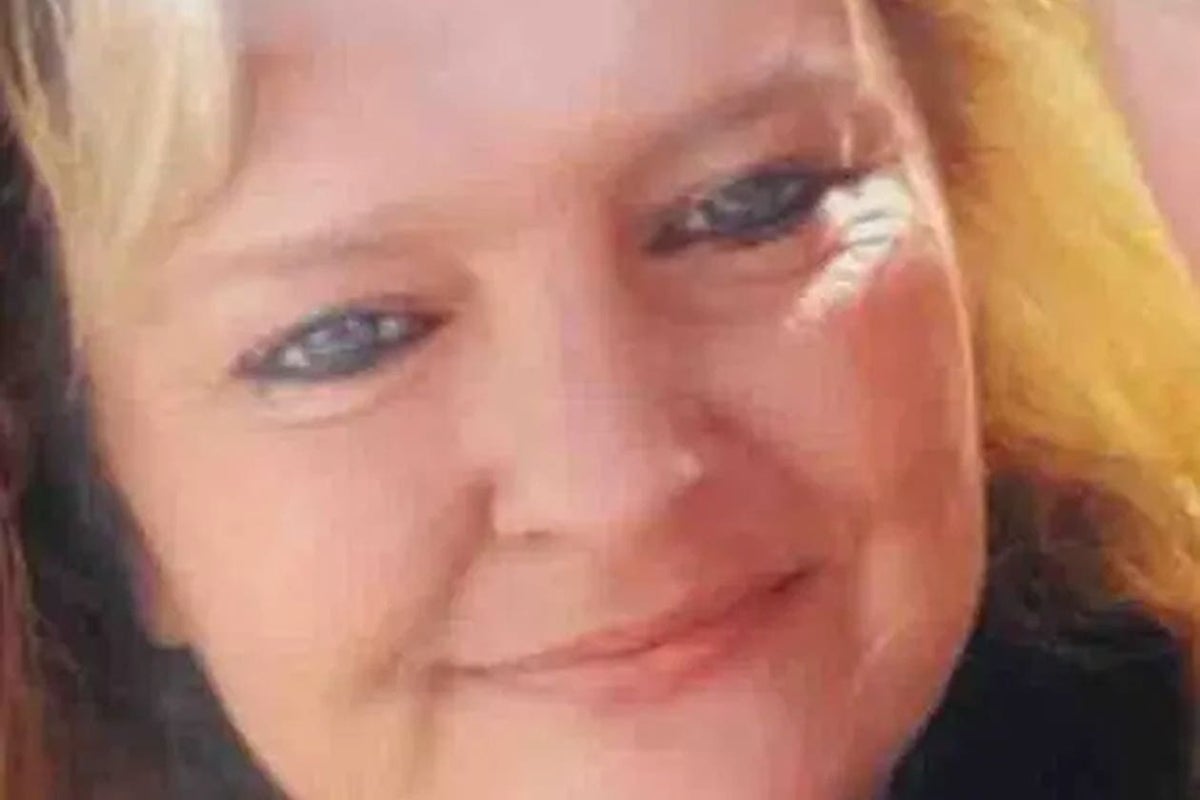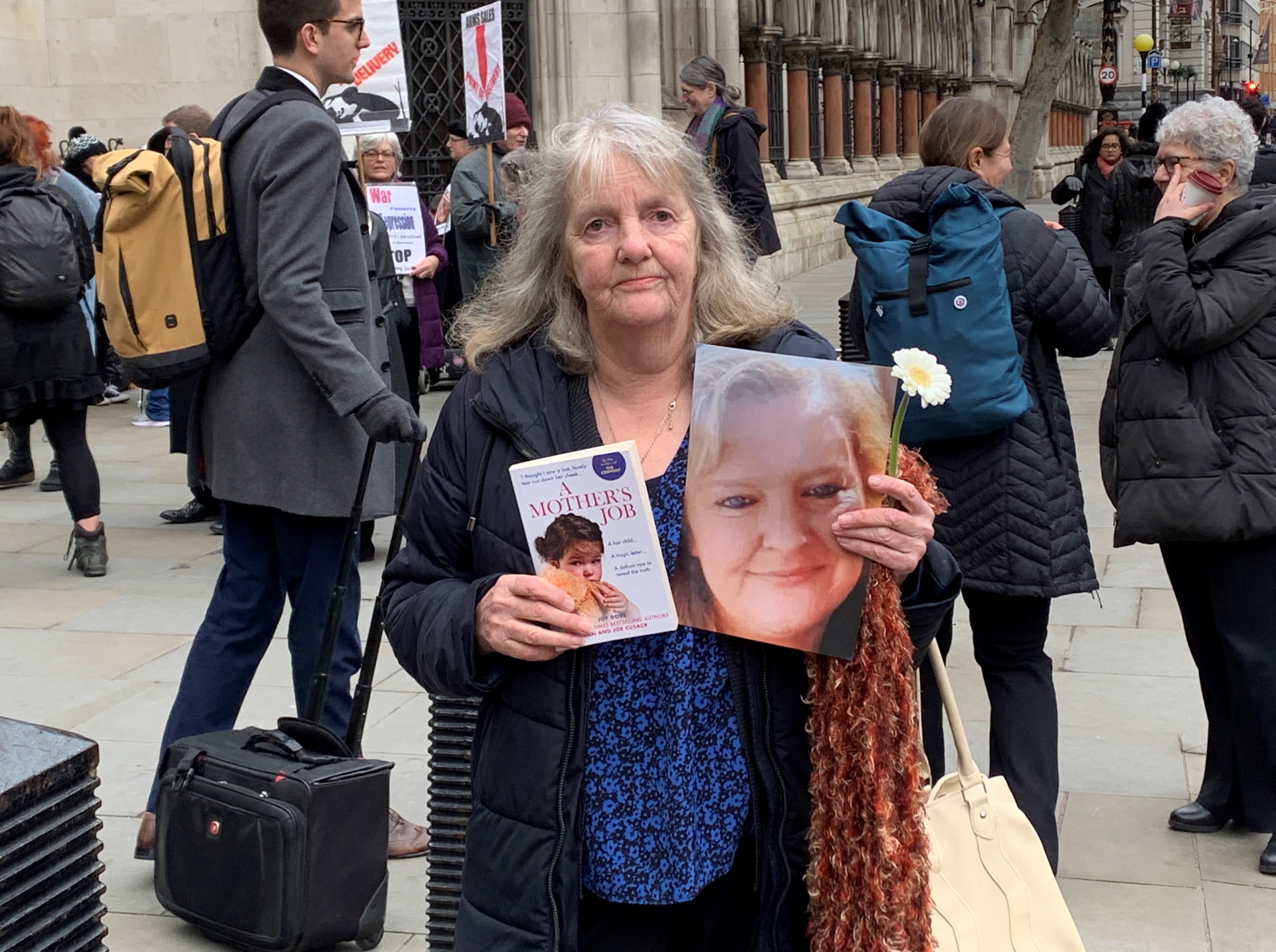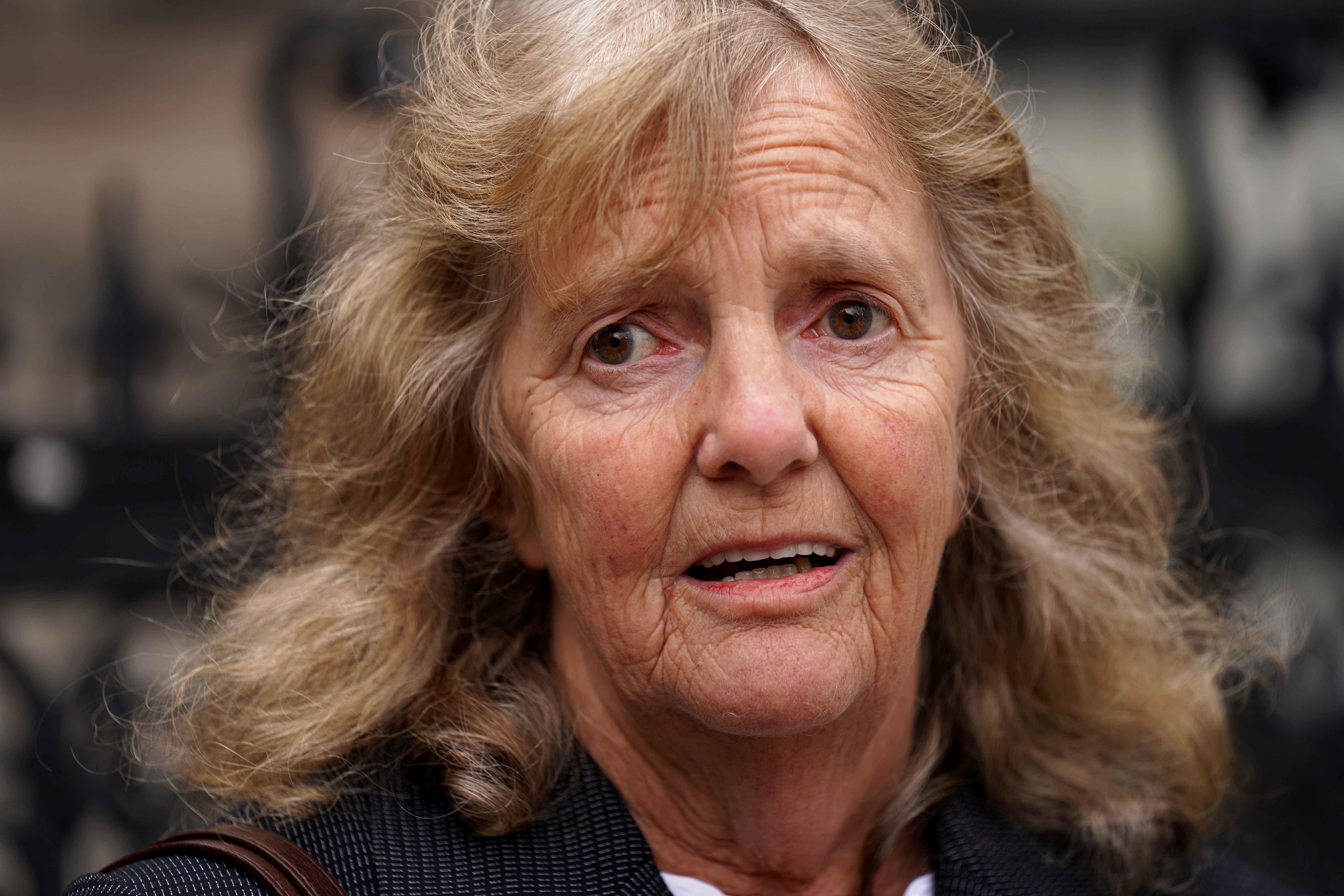
A disabled woman died by suicide after her benefits were wrongly cut off, a coroner has ruled, prompting renewed scrutiny of the Department for Work and Pensions (DWP).
Jodey Whiting, 42, who suffered from chronic pain and mental health issues, left notes for her family detailing her struggles to pay bills and afford food, a second inquest into her death heard.
The initial 2017 inquest did not consider the DWP's role in halting her benefits.
Ms Whiting's mother, Joy Dove, pursued a lengthy legal battle, ultimately reaching the Court of Appeal, to secure a second inquest.
Coroner Clare Bailey recorded a conclusion that Ms Whiting’s death was suicide “in the context of a deteriorating mental state, precipitated by the withdrawal of state benefits”.
An Independent Case Examiner report into the decision to remove Ms Whiting’s benefits found that a number of mistakes had been made, that her payments should not have been withdrawn and it recommended that the DWP pay £10,000 to her family.
The court heard that Ms Whiting, a mother of nine, had a curvature of the spine and a brain cyst.
Extracts from notes found alongside prescription drugs in her flat were read in court.

Bridget Dolan KC, coroner’s counsel, said: “She wrote about not being able to pay her bills and having no food.
“In some she wrote about feeling breathless and having back pain and trying to pay her bills and being in debt.”
Another note stated: “I have had enough.”
Ms Whiting’s father Eric Whiting said in his tribute in court that his daughter “always saw the fun side of life until her health issues started”.
Her mother agreed that Ms Whiting, who had six grandchildren, became increasingly housebound in the last years of her life.
She had a hospital stay in December 2016 after contracting pneumonia and that meant she missed a letter about her benefits, saying she needed to be medically assessed.
Ms Dove said she reassured her daughter that she would help, telling the inquest: “I said, ‘don’t you worry, we will write in and we will explain how you have been in hospital and you are still convalescing’.”
But in January 2017, Ms Whiting was told she had missed the medical assessment and she was therefore judged to be fit to work.
As well as losing her Employment and Support Allowance, she would also lose housing and council tax benefits.
Ms Dove said when she saw her daughter, two days before her death, she was “shaking and crying” and had threatened to kill herself.
Ms Dove said she was sure that the stress of losing her benefits was the trigger for her to decide to kill herself.

“I know my daughter and I know it was (that),” she told the inquest.
“It was the fact she couldn’t find a job, the worry of paying bills and being pushed out after being so vulnerable all those years and years.”
Helga Swidenbank, a DWP director for disability services, said the organisation should have recognised that Ms Whiting had “good cause” not to attend a health assessment, given her illnesses and mental health concerns.
The witness told the hearing: “I was not in post at the time but those who I have spoken to are deeply regretful and sorry about what happened.
“There were a number of opportunities to have picked up concerns about Jodey and we are very sorry about that.”
Ms Swidenbank said the organisation was now more focused on people’s vulnerabilities, although this remained a “work in progress”.
She added: “I understand that there is a culture shift from being process-driven to being much more compassionate.
“We are not there yet, we still have more work to do.”
The coroner cited evidence from psychiatrist Dr Trevor Turner who looked into the background of the case and who said Ms Whiting losing her benefits was the “straw that broke the camel’s back”.
Ms Bailey said: “Dr Turner says, and I accept, that withdrawal of her benefits would have had an acute and pervasive effect on Jodey’s mental state given her vulnerability and her emotional instability.”
The coroner added: “Her actions were in the context of her benefits having been wrongly withdrawn by the DWP in circumstances where there had been five missed opportunities to avoid the significant errors.
“This had the effect of negatively impacting upon her mental health, and was the trigger to her taking a fatal overdose.”
The coroner praised the family’s determined campaign to bring about justice, describing their “perseverance, resilience and dignity.”
After the hearing, Ms Dove said: “It has been an uphill battle trying to get answers and accountability, but I would never give up.
“I was determined to keep fighting for justice for Jodey.”
If you are experiencing feelings of distress, or are struggling to cope, you can speak to the Samaritans, in confidence, on 116 123 (UK and ROI), email jo@samaritans.org, or visit the Samaritans website to find details of your nearest branch.
If you are based in the USA, and you or someone you know needs mental health assistance right now, call or text 988, or visit 988lifeline.org to access online chat from the 988 Suicide and Crisis Lifeline. This is a free, confidential crisis hotline that is available to everyone 24 hours a day, seven days a week.
If you are in another country, you can go to www.befrienders.org to find a helpline near you.







